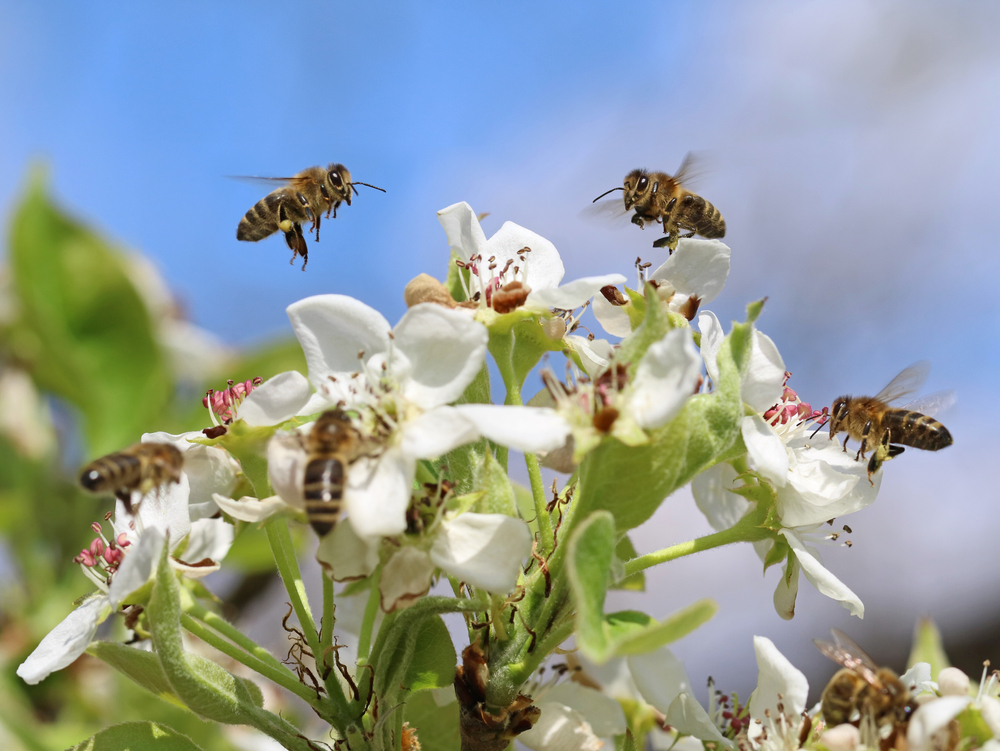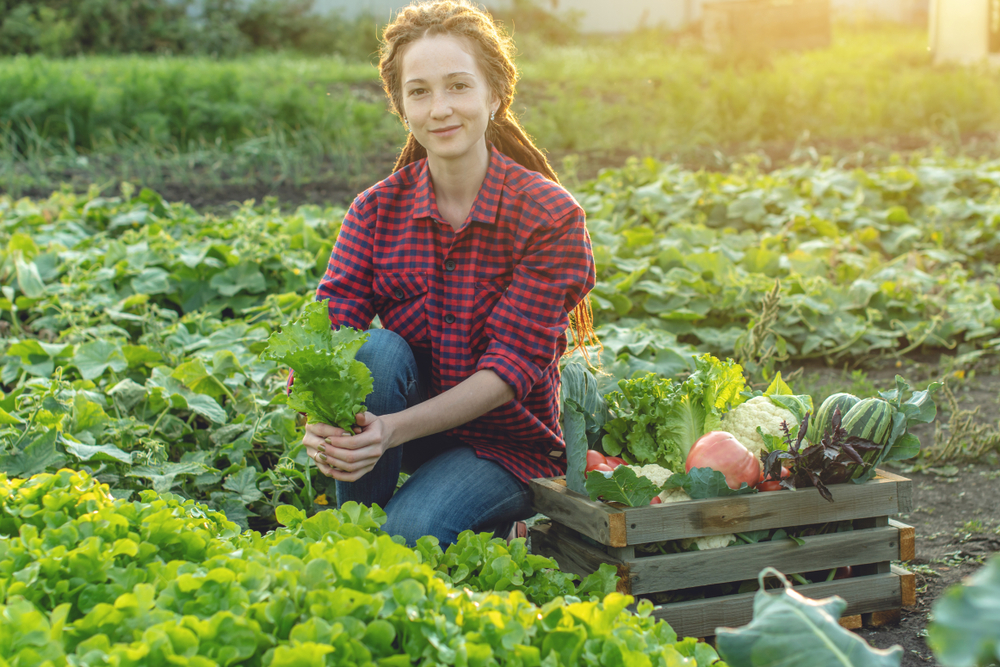This circular, climate-neutral economy will save us a lot of misery
We must aim for a circular, climate-neutral economy. And yes, that is going to be quite a struggle. But it also saves us a lot of future stress and costs.
Recently a parent asked me at the edge of the football pitch what kind of work I do. I explained that I coordinate a program that contributes to the transition to a circular, climate-neutral economy. To which she rightly asked: what do you mean by that? There is a climate plan, we are getting rid of gas; what should we even do more than this?
Then I told her about Earth Overshoot Day, the day in the year when we as humanity have used up more of nature than Earth can produce in one year. Since the 1970s, we have been using more than Earth can produce in one year, and Earth Overshoot Day falls earlier every year. Last year it was on 29 July, which meant that on 31 December 2019 we had used up Earth 1.75 times. For the Netherlands that day was already on 3 May. Suppose our country were the norm, the world would use up Earth about 2.2 times every year.
Our savings: coal, oil and gas
So we live off our “savings”: the coal, gas and oil that we extract from the ground. Now living off your savings is not a drama for a while, but when the bottom of a piggy bank comes into view, it always causes stress. And that is exactly what is happening on our beautiful blue planet. The climate is changing: we are dealing with heat, drought, extreme precipitation and frost and snow at times and places where it never happened. Consequently these are changes request an extra drain on our ‘savings’: we turn on air conditioners when it is hot, turn up the heating when it is suddenly cold and extract extra groundwater so that our crops do not dry out and personally we cool down in a swimming pool.

Circular bio-economy ensures fewer greenhouse gas emissions and climate recovery. Smart forest management helps with this (Picture: Shutterstock).
Nasty diseases and pests
But not only the climate has changed because of our actions. Natural areas around the world are declining every day due to the constant need for more agricultural land. The way in which we farm pressurize biodiversity. And this decline in biodiversity, combined with the effects of climate change, provides and opportunity for all kinds of diseases and pests. We have all probably seen images of swarms of grasshoppers devouring the crops in Africa. But we are also experiencing more and more trouble from pests in the Netherlands. Just think of the itching you get from the oak processionary moth larvae. And thanks to the mild winters, the hunting giant tick can survive in our country today. Our crops are also affected by pests and diseases. Viruses, for example, spread across tomato plants. And drought makes our spruces susceptible to the European spruce bark beetle and other harmful beetles, causing the trees to die en masse.
Piggy bank automatically topped up
Well, that was enough misery for a while. My point is clear: we need to treat our planet differently. And why is the transition to a circular and climate neutral economy the solution? Very simple: because in such an economy we don’t use up more of our “savings” than we earn. Even better: with a little extra effort, we will automatically top up our piggy bank.

With less use of pesticides, fewer bees will die from these harmful substances (Picture: Shutterstock).
Now we are already making an effort: our cars are very efficient in fuel use, organic products are widely available in the stores, we separate our waste and there are great initiatives to prevent waste, like Too good to go. But by saving a little and using our credit cards to the maximum limit, we really cannot keep the bailiff away. And that is exactly the situation we are in now.
The right direction, but coherence is lacking
So substantial changes are needed. Politicians in teh Netherlands agree and have indicated the right direction: we are getting rid of gas, are making an extra effort for 55% less CO2 emission by 2030, we go for circular agriculture and have a Delta Plan for biodiversity restoration in place. I just regret that it seems as if they are all separate objectives. Lawrence Jones-Walters shows us in a short video how we can improve here and how nature and agriculture can reinforce each other. He talks about a strip farming system and shows how livestock farming can contribute to nature restoration.
From smart forest management to building with wood
To go back to Earth Overshoot Day for a moment, our current economy runs on our savings – coal, oil, gas – and their use is causing climate change. So it is important to find alternatives to fossil sources. In the video below, Tim van Hattum explains how the circular bio-economy ensures fewer greenhouse gas emissions and climate recovery. For example, he talks about smart forest management, but also links the climate agenda to the agenda of the construction sector. In this way, building with wood contributes to a sustainable, circular society.
Smart fertilizer cycles
If you want to limit the use of fossil raw materials, it is also worth looking at fertilizers. Agriculture is now highly dependent on this. The great thing is that you can choose exactly the composition that the plant and soil need. The downside is that making fertilizer takes a lot of energy. Animal manure (and in the future perhaps also human manure) is a great alternative, yet difficult to dose, because you do not know the exact composition. Now suppose we can separate manure in such a way that concentrates of ‘circular manure’ are formed? In the Systemic project, researchers are working hard on this technology and are thinking about necessary adjustments to the fertilizer policy to allow these new circular fertilizers. If this technology breaks through, I think that manure will become an important source of income for the circular agriculture farmer.
The power of a small win
The key question: are we still in time for the transition to take place? It is certain that we have to struggle through it. A transition is always accompanied by a lot of uncertainty and there are various scientific theories about how to get through a transition as quickly as possible.
I find Katrien Termeer’s Small Wins theory very interesting, especially in terms of connecting and broadening. If a small win is successful, you can scale up by looking for connections on a larger spatial scale. Which is an example of more of the same.

Sustainable food producers can be found throughout the Netherlands. When a small win becomes an indispensable link, there will be a demand for your solution (Picture: Shutterstock).
A nice example of connecting for me are Herenboeren (Gentlemen farmers), who started with one initiative and now you will find these sustainable food producers throughout the Netherlands. The idea behind broadening as part of Termeers Small Win theory is: if your small win becomes an indispensable link for a desired development in society, there will be a constant and high demand for your solution. For example: if laws and regulations restrict the use of fertilizers, the aforementioned “circular fertilizers” will become essential for soil fertility. And if pesticides are restricted, the demand for biological crop protection will increase.
Doing the right things for a healthier world
In short: if we make the transition to a circular, climate-neutral bio-economy, we will save ourselves a lot of stress and associated costs to combat the many diseases and pests. New markets and opportunities for sustainable innovationswill emerge that currently are not profitable. The climate and biodiversity will then recover. And Earth Overshoot Day? It will no longer exist. To make a comparison, it is actually just like the current corona pandemic: if we all use our minds now and do the right things, the world will look a lot healthier in a while.


[…] Lees dit bericht in het Engels / Read this post in English […]